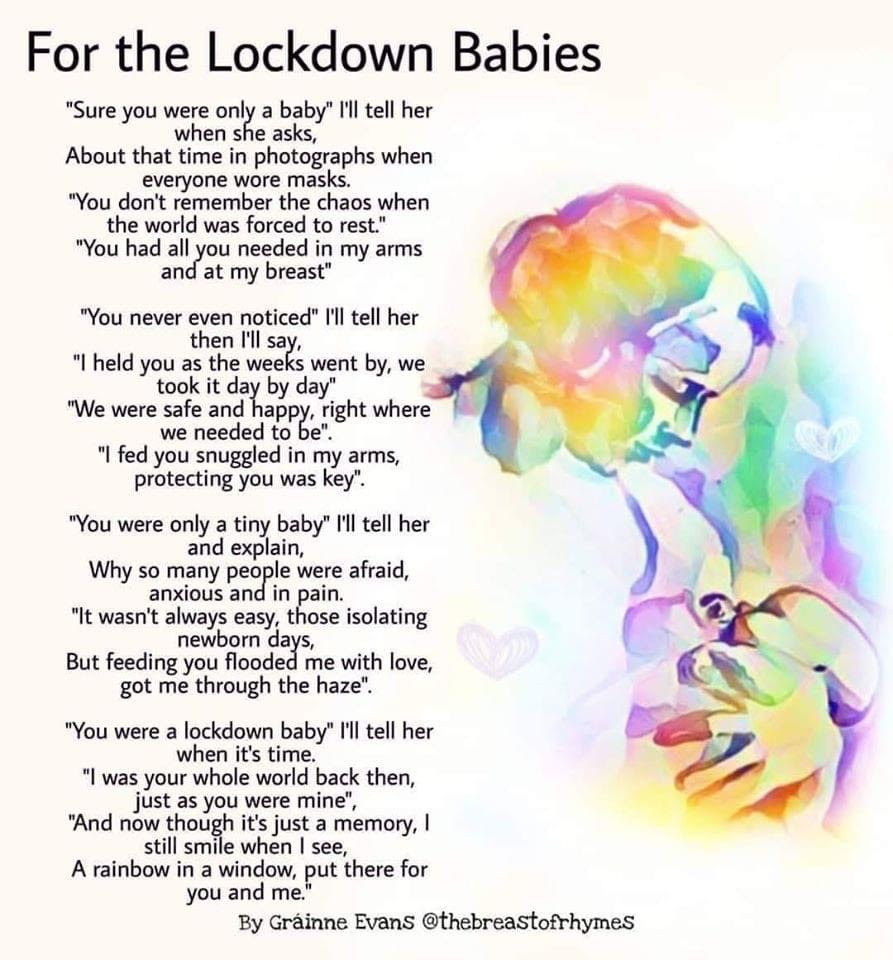During the last lockdown I spoke to mothers who gave birth during alert levels four and three. It was estimated that about 6700 babies were born during the last nation-wide Rāhui. I wanted to talk to Alison Eddy, the CEO of the College of Midwives, about birthing in level four to see what, if anything, has changed.
Eddy says the most important thing for birthing people to know is that maternity care is classified as an essential service so everyone who needs care will still receive care. Although some of it will be provided somewhat differently.
“The amount of face-to-face or in-person care will be minimised, with some assessments being provided over the phone or virtually, but obviously the aspects of care which necessitate face-to-face or in-person physical assessments will be provided in person,” she says.
Those receiving face-to-face care will be asked to wear a mask and the midwives will also wear masks.
Each maternity facility, whether it’s a hospital or birth centre, will have differing restrictions around visitor and support person access so Eddy advises people to check with the facility or DHB directly to find out their specific arrangements.
“For some, access to support people particularly in labour and birth is crucial, so there may be reconsideration of place of birth for some wāhine or whānau,” Eddy says.
This time around the College is pushing for DHBs to change. “We know from research the College is collaborating on at present, that limited access to supporting people during birthing and the early post natal period in hospitals was traumatic for some”.
The College is advocating for more humane visitor and support people policies within DHBs as a result.
Midwives reported an increase in demand for home birth during the last lockdown and this may happen again, Eddy says. “But at this stage it's too early to tell. Everyone still needs to maintain their bubbles even if they are homebirthing. By increasing the number of people they are exposing themselves and their midwives to, they are increasing the risk of transmitting the virus.”
“Post-natally, whānau will still receive the usual schedule of care from midwives, with modifications. For example, the midwife may stay in the car to conduct most of a postnatal visit over the phone, popping inside the house very briefly to weigh a baby, in order to minimise face-to-face contact,” Eddy says.
“In some cases, people may be discharged from facilities early, as long as all is well, and midwives will provide in-home modified post-natal care just as they would outside of lockdown restrictions”.
Born in lockdown: Stories of mothers giving birth during Covid-19
Midwife Amy Taylor has births due throughout the lockdown and she worked last lockdown too.
“I find myself saying to my clients that babies still grow and beautiful births still happen in lockdown. Life is robust and alongside a global pandemic, life still finds a way to come into being and be miraculous. The art and skill of midwifery becomes even more important during a time like this and I journey with each whānau through this and have their back. As a midwife I am a point of reassurance, of celebrating the positive and also there can be tears to acknowledge what is hard.”
Lara Steel gave birth in Auckland last lockdown to a little girl by emergency c-section. While she describes it as a “scary and lonely time” with her daughter in the neonatal unit, she also says it was incredibly special.
“In years to come I’ll be able to tell her about the crazy time in which she were born.”
She has advice for new lockdown mums:
“To the mums who are facing the prospect of giving birth during lockdown – your feelings of fear, frustration, disappointment etc are so valid – lockdown and the related restrictions aren’t part of anyone’s birth plan.
“The hospital midwife who had been with me during my induction saw how upset I was when we were told that my husband would have to leave straight from theatre said it best: 'Very soon, you will be holding your beautiful baby and that’s the most important thing.'
“And a silver lining of lockdown is once you get home – a government mandated newborn bubble!”
Listen to The Mother Yarns episode: “I had my baby during lockdown”.





I love the poem, Emily...